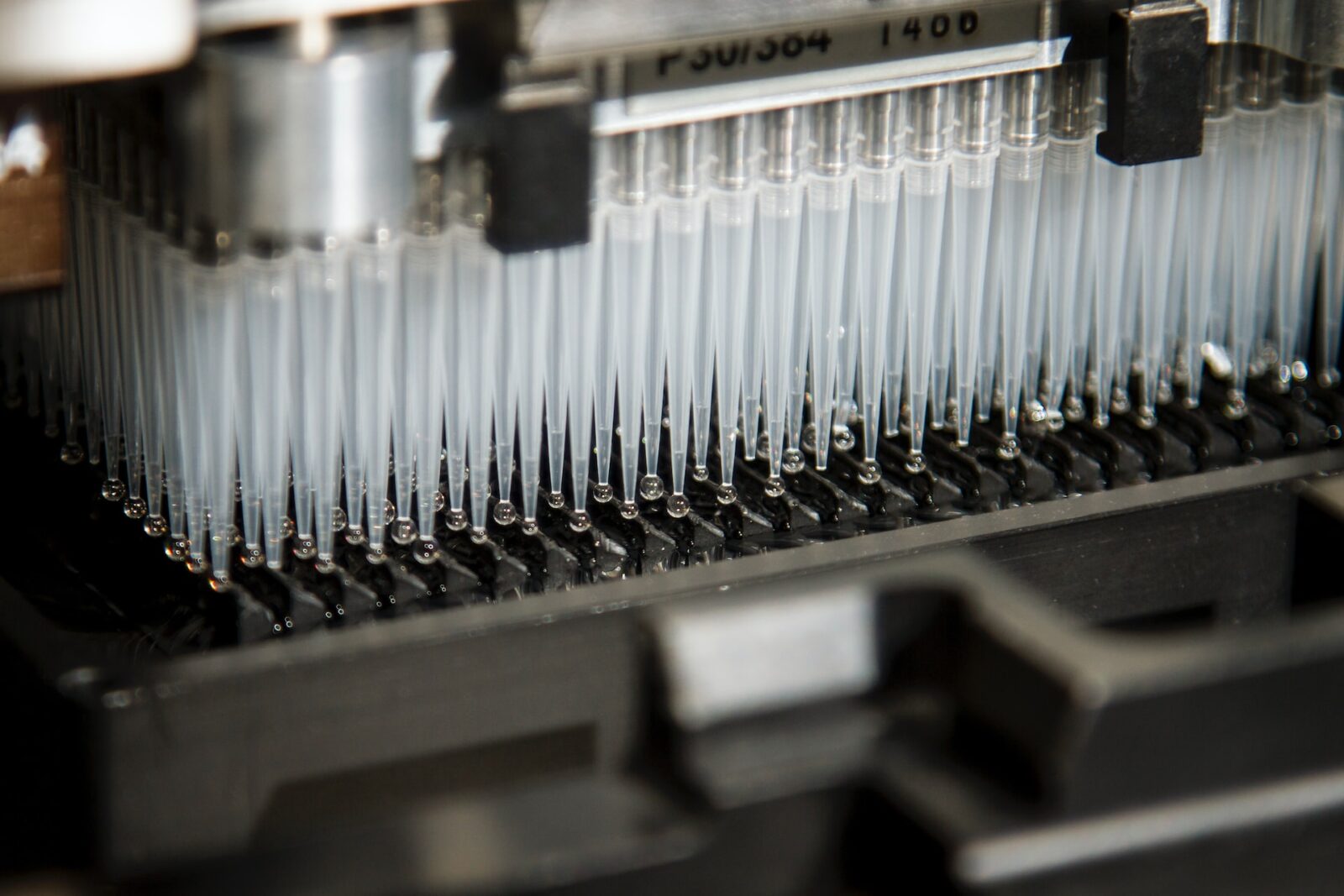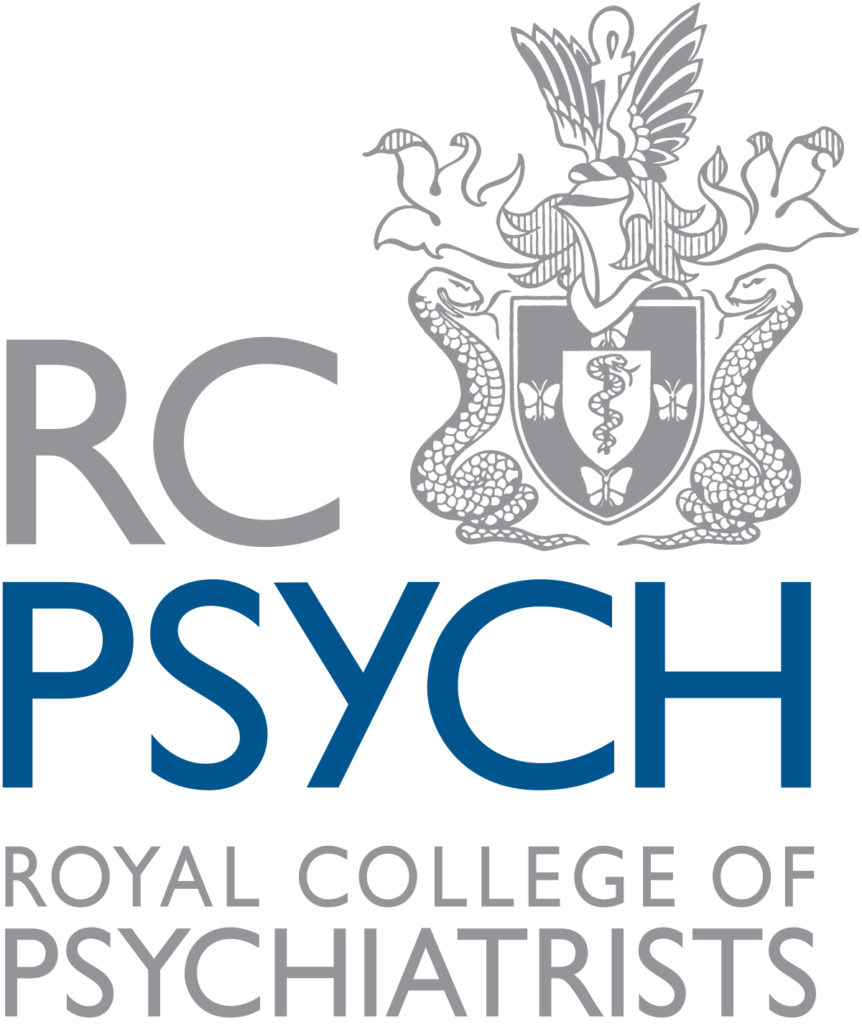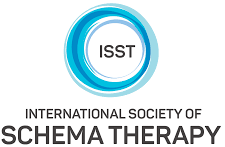
Here’s why this ground-breaking science is an important addition to our healthcare services for all our patients.
The world we’re living in today is accelerating in healthcare. We’re hearing more and more about personalized medicine; the revolutions in treatments, the possibilities of next-generation medicines, the age of early detections, and the leaps toward tailored therapies. … and Pharmacogenomics is playing a vital role in this new world. Here’s why this ground-breaking science is an important addition to our healthcare services for all our patients.
What is Pharmacogenomics?
Pharmacogenomics is the new field of study that merges pharmacology (the scientific study of how various chemical substances affect the biological system) and genomics (the study of an individual’s genetic makeup). The blend of these two studies into one field makes Pharmacogenomics the leading light in personalizing the medications we take.
The way our bodies respond to medications is in our genes, and because we all have unique variations in our genes, we all respond differently to medications. That’s why some of us may have more side effects than someone else on the same medication. Or why a particular course of treatment may not seem to work at all.
Also known as precision medicine, personalized medicine is the way to safer, quicker, and more cost-effective medical treatment than the “trial and error” approach that has generally been available to us. Pharmacogenomics is opening new doors for our doctors, and ultimately for us as patients.
How does Pharmacogenomics work?
Currently, the information our doctors look at when they prescribe our drugs is mostly based on our age, weight, and sex, as well as our kidney and liver function. But with pharmacogenomics, just one analyzed blood sample can help our doctors plan our healthcare with more precision, customize our medical therapy, and avoid serious side effects as well as treatment failure.
Once a blood sample has been taken, scientists study the individual’s unique genetic makeup and analyze variations in the 20 genes that are involved in the metabolism of medicinal products.
Essentially, when we take a drug, our bodies have to break it down and get it to wherever it’s needed. It’s the genetic variants that affect how that drug is absorbed, distributed, metabolized, and excreted. And it’s these same gene variants that show where and how our treatments can be customized.
How Pharmacogenomics can help you
Not everyone with the same health condition would benefit from taking the same medication or even taking it at the same dose. The “one size fits all” approach is slowly dwindling as more and more people are empowered with the knowledge of which drugs are more likely to benefit them and which drugs would be safer to take.
And if you’re wondering whether you might have a gene variant or not, it’s worth it to note that an estimated 98% of people in the United States carry at least one high-risk genomic variant in one of the 12 most-tested pharmacogenetic genes. And there are so many medications that can have different effects on different people. Just some of them include antidepressants, beta-blockers, chemotherapeutics, anesthetics, analgesics, neuroleptics, antiretroviral therapy, and thrombosis medication.
With Pharmacogenomics, you can get a full report on your unique pharmacogenetic profile. This report explains how active ingredients are processed in your body and what the potential negative effects could be. It gives you detailed dosing recommendations and personal health recommendations that may include things like regular screenings and lifestyle adaptations.
All of this is put into plain, everyday English in consultation with your treating physician at English Doctor Barcelona, along with their professional Genetic Counselling services.
The Future of Pharmacogenomics
Right now some of the biggest advances in pharmacogenomics are in the fields of oncology, pain management, and polypharmacy (when we need to take five or more medicines at a time). New approaches are in clinical trials, and already in the US, the Food and Drug Administration (FDA) is including pharmacogenomic information on about 200 medication labels.
The future of pharmacogenomics is also in tailoring the actual drugs themselves. These tailored drugs are part of a big-picture goal for a wide range of health problems including cancer, Alzheimer’s disease, cardiovascular disease, and asthma. And the potential opportunities just keep growing.
Ultimately, we’re looking at a future that could seamlessly integrate all clinical decisions with our personalized health information – from our DNA right down to the over-the-counter medications and supplements we might be taking.
This is a field that could truly revolutionize the kind of healthcare we get when we need it most.
English Doctor Barcelona offers DNA Sequencing that includes pharmacogenomic tests to determine the best pharmaceutical treatments for your conditions.
Contact English Doctor Barcelona to book your appointment:
Phone / WhatsApp: +34 699 556 326
Email: info@englishdoctorbarcelona.com
Article reviewed by Dr Steven Joseph, MBBS, MRCGP, MRCP
Content is for informational and educational purposes only. Our website is not intended to be a substitute for professional medical advice, diagnosis, or treatment.













